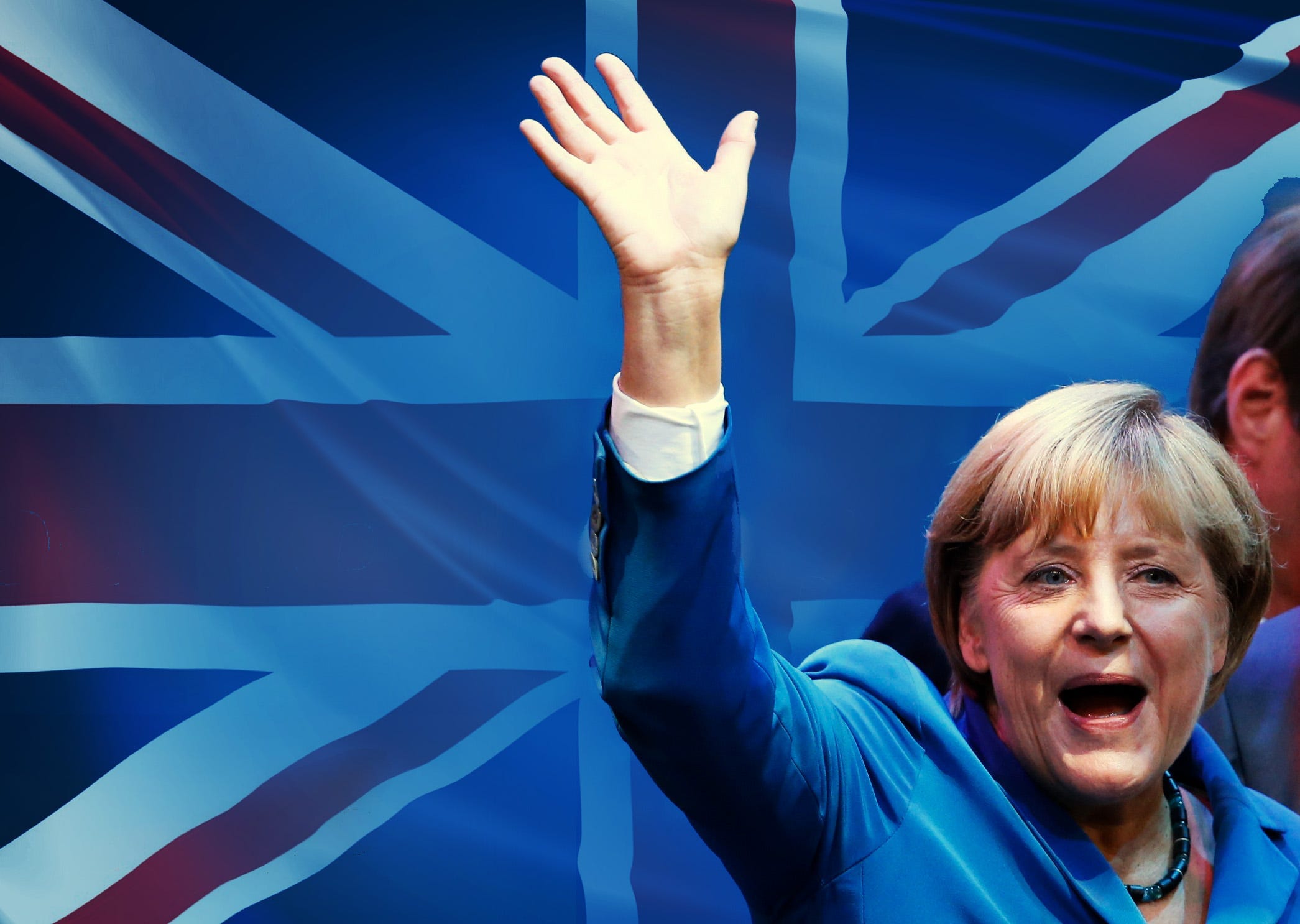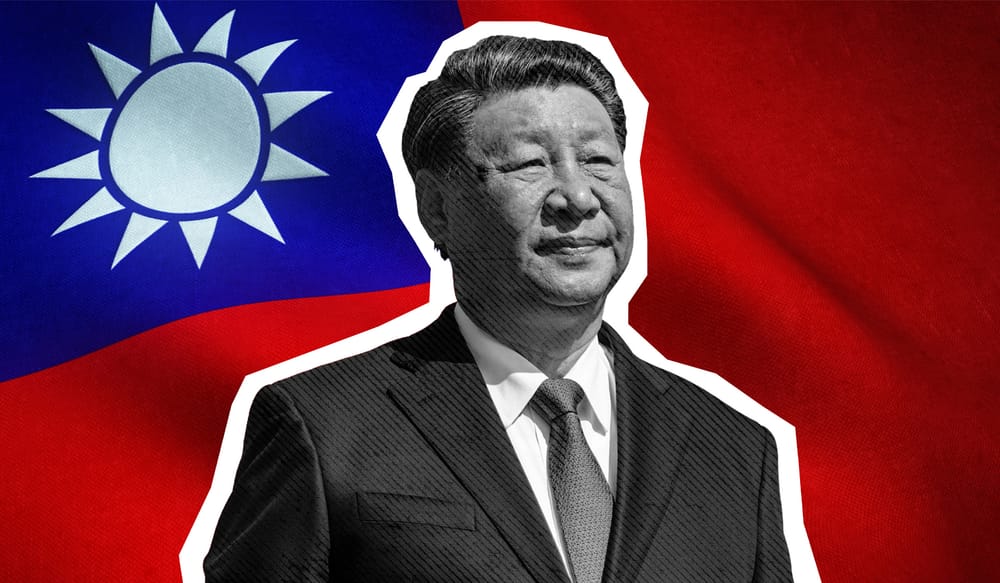Three weeks away from the referendum about UK’s future in the EU the atmosphere is heating up as the latest polls show a slight advantage in favor of Brexit. What keeps surprising me is how many grim predictions are made about the future of the EU, should Britain leave. It’s as if it was a critical, fundamental element without which the union could not possibly exist.
At the same time, nowhere to be seen are arguments that, maybe, just maybe, the departure of the biggest problem child of the EU, would actually be a blessing.
Here’s why I think that’s the case.
Enough is enough
Perspective of Britain leaving the EU chills many European leaders. What will happen to the Union if Brits leave? Will it set a precedent that will prompt other countries to abandon the EU as well?
The truth is that Britain has already set dangerous precedents that undermined the community and led to the current crisis.
London negotiated a rebate on its contributions, has no will to participate in the Eurozone and opted out of Schengen Area - but it is still represented by 72 members in the European Parliament, just like France or Italy - both of whom pay more into Brussels coffers than the UK does.
Is that how the spirit of European solidarity is upheld? By allowing a single country to muscle its way in and then endlessly complain about how bad Brussels is, just to get more leverage in current issues?
Showing that you can write your own rules, that you can take more at the expense of other member states was the worst precedent Britain ever set. Union, like marriage, can only work if each of the partners abandons some of its own ego for the greater good. But London never expressed the will to do that. And by remaining in the EU it stirs up the mood in other countries, contributing to the wave of nationalism sweeping across the continent.
EU should be an exclusive club with tightly defined rules applicable to all members. You don’t like the rules? Very well, we can do without you.
Anybody else wants to leave? Let them go.
Another fear that is hard to understand is one of a domino effect - that Britain’s departure would mean other countries are likely to follow suit. Let’s take a closer look at that.
Two states essential to the EU are France and Germany - if one of them opts out, that would really mean the end of the union. But while 53% of the French people reportedly expressed the will to hold a similar referendum, 2/3s would vote against “Frexit”. The third largest contributor to the union, Italy, has suffered a dip in trust in the EU in the face of economic woes - but problems they face, much like in the case of Greece, Spain or Portugal, are their own fault. Corruption and lack of fiscal discipline led them into dire straits, not Berlin or Brussels.
While PIGS may feel a lot of resentment towards the EU, they won’t vote themselves out, because they are dependent on the common market and bound by the common currency as well.
Eastern Europe has the fewest reasons to view EU negatively, since all countries remain large net recipients of European funds. Even Hungary led by nationalist Putin sympathizer, Orban, will not turn its back on billions of euros. And if a day came that indeed some of the countries in the East would like to leave - then why not? If you don’t like it, go - let’s see how well you do on your own.
Benelux states have few reasons to be at odds with Brussels, even with Geert Wilders on the rise in Holland. That leaves Austria and Scandinavia. Vienna may be experiencing resurgence of nationalist sentiments, but they have been defeated, albeit narrowly, in the latest presidential elections by Alexander Van der Bellen, a Green party candidate (and a strong supporter of European federalism).
Swedes and Danes, on the other hand, already defied the EU once, voting against adoption of the euro and today, with thousands immigrants flooding their shores (especially in Sweden), burdening the economy, they could vote to abandon the block (should a referendum be held). If they did, however, it wouldn’t be a deadly blow to the EU either. Sweden is not even a NATO state, so its ties with the rest of the continent are already weaker than most EU members.
In this light it’s fairly easy to realize that there is no real risk of a domino effect - and even if any country follows the path of Britain in the future, it would not be one of the critical members, whose departure could undermine the existence of the union.
It's actually quite likely that EU can grow stronger if it consisted only of the most dedicated members. With Britain out, 8 countries would constitute 75% of remaining EU population of 443 million. Germany, France, Italy, Spain, Poland, Romania, Netherlands and Belgium, with Top 4 of them making up 57% of the total. If someone else wants to go perhaps it’s the time to say - “very well, we won’t be keeping you”. There are few countries that are strategically important to the Union - and Britain isn’t one of them, because it has always liked to place itself more on the outside than inside.
What does Britain have to offer?
Now comes the time to ask a really important question - what does Britain really have to offer the EU? The “Vote Leave” campaigners like to say that leaving the common market is not going to be a problem, because UK will be able to negotiate free trade deals on its own terms, both with the EU and the US.
However, there has to be a mutual incentive to strike such a deal. So the question is - what are the reasons EU would allow the UK unrestricted access to its markets?
If Germany left the EU, Europeans would still buy German cars, pharmaceuticals, chemicals and more - because it’s hard to match their quality. If France left, they would still drink French wine, eat French cheese, drive a Renault or fly an Airbus. Even Italians export more than the Brits do, and if they left, there would be no shortage of demand for Fiats - or Ferraris, Lamborghinis and Maseratis - as for the various luxury goods and products of their robust agriculture sector.

Demand for oil and gas forces EU to trade with the devils - in Moscow, Riyadh, Doha or Tehran. If Europe had an alternative to buy these resources at good prices from more civilized countries, it would certainly do so - but it can’t, so it must buy from them.
Britain’s position looks quite weak in comparison. The single largest element in their export menu are cars, constituting nearly 10% of the total. However, today there are hardly any British manufacturers left in the market. Apart from maybe McLaren, all major brands are foreign based or owned. Bentley, Rolls Royce, Mini - are all German, Jaguar and Land Rover belong to Indian Tata and even smaller Lotus was bought by Malaysian Proton, while Aston Martin is owned by an Italian investment fund. On top of that, UK is an assembly location for Japanese Toyota, Honda or Nissan, whose cars add handsomely to the export figures.
It won’t be the British investors and executives who will decide on the future of manufacturing after Brexit.
And what incentive do the EU countries have to allow assembly lines producing for their own markets, to be located outside of the union? If Volkswagen and Fiat can manufacture their cars in Poland, why wouldn’t the Japanese carmakers do so eventually?
Car and vehicle parts amounted to over 52 billion dollars out of 472 billion in total UK exports in 2014, nearly half of which ended in EU countries - and that’s only one industry. Why would European companies be encouraged to buy British gas turbines, chemicals or iron products, if they can get German or French ones, within the common market? Why would they allow the money to flow outside of the EU, if they can keep it inside? Trade reality shows that it happens only if there’s no other choice (like in the case of scarce mined resources).
This is not to say that European countries would stop buying from the UK overnight, but they would have little incentive to maintain strong ties - and develop new ones. Britain’s competitive advantages are weak to sustain demand if the country is outside of the common trade area.
In reality, of course, Britain would not be locked out of the EU markets completely - after all, there are relationships the union has with countries like Norway or Switzerland - but, again, to be able to trade with the EU they do have to adhere to standards set by Brussels, so we’re back to square one. There’s no way to dodge these rules - and being outside there’s no way you can shape them either.
Let’s also not forget about the benefits the UK enjoyed by opening its market to millions of foreign workers from within the EU, which brought much needed expertise, at a lower price, filling positions locals didn’t want to take. It’s another example of how Britain is actually a hostage to incredible freedoms that the European Union has granted to its members - and yet it fails to acknowledge that.
What does Britain want?
In short – protect its economy and its borders, both of which are seen as under a threat due to EU membership which limits the government’s ability to enact protective policies.
You can see both protectionist and even imperialist sentiments in what the ‘Vote Leave’ campaigners say - much to the tune of Donald Trump’s “Make America Great Again”, in a presidential campaign in which he, coincidentally, also vows for more isolationism. Brexit supporters simply long for the empire that once was, when Britain was a global force to be reckoned with.
Unfortunately for them it’s 2016 not 1816 and not only is that no longer the case - there are new global players that are far stronger than Britain will ever be. Its only chance to remain relevant is to retain a seat at the table in Brussels, being a part of the largest economic block in the world and a home to half a billion people.
Barack Obama's words about 5-10 year period before a trade deal could be struck with UK as an independent state, created a wave of backlash and accusations of intimidation. President of the US was accused of trying to influence the referendum's outcome. But the most important implication of Obama's words is that he uttered them at all. It just shows the disregard with which Britain will be treated on its own - pushed to the end of the line and made wait.
Because why would it expect to receive any preferential treatment? What does Britain actually have to offer to the world, that would allow its leaders to play in the same league as the US, EU, China, India or even Russia?
EU was founded to forge eternal peace in Europe but it evolved in anticipation of and response to the globalizing world in which relatively small, nation states become insignificant - both economically and politically. The only European country to still retain a globally serious position is Germany - but even Berlin is well aware that an 80+ million state cannot contend, in the long term, with the sheer size of behemoths like China or India, commanding 1300+ million people each (even despite the strength of its own developed industries).
Convergence will allow the laggards to catch up and even if they never reach the levels of GDP per capita of the Western world, the vastness of their populations will elevate their economies far beyond what any single European country could achieve. The only way for Europe to retain relevance in the globalized world is to become increasingly more integrated, setting national interests aside for the greater good of the entire continent.
Without this unity Europe opens itself up to all sorts of problems - security, migration, sluggish economic growth. The latest immigration crisis demonstrates that if there's no unity and a single country fails to keep its borders secure on its own, that immediately creates serious consequences for the entire union. And all of a sudden its foundations are at risk, the free flow of people and open border policy under Schengen agreement simply disappear.
For these reasons Britain’s exit from the EU may actually be considered a blessing in disguise. The loudest critical voice inside the EU would finally be silenced and existing countries would be able to focus on closer cooperation without the outspoken British MEP’s.
Britain’s net contribution to the EU was about 11bn euro in 2013 - that money would be gone, but London would still contribute some to EU’s budget, much like Norway or Switzerland do, but without any political power to affect European legislation commanding them.
So, in reality, what EU stands to lose is, at worst, a few billion euros every year (with a budget of roughly 150 billion euros that’s not a very significant dent) and a bunch of eurosceptics who keep pressing on European institutions for more and more concessions for their country.
Britain, on the other hand, will have to renegotiate all international agreements on its own, solve the legal status of a few million EU migrants and beg international companies not to move their manufacturing to the continent. And all it gets in return is ability to shut the borders and apply higher tariffs which are mainly used to defend largely obsolete or inefficient industries anyway.
Perhaps, then, it would be more appropriate for EU leaders to sigh with relief rather than groan in despair when they finally leave. Good riddance.









